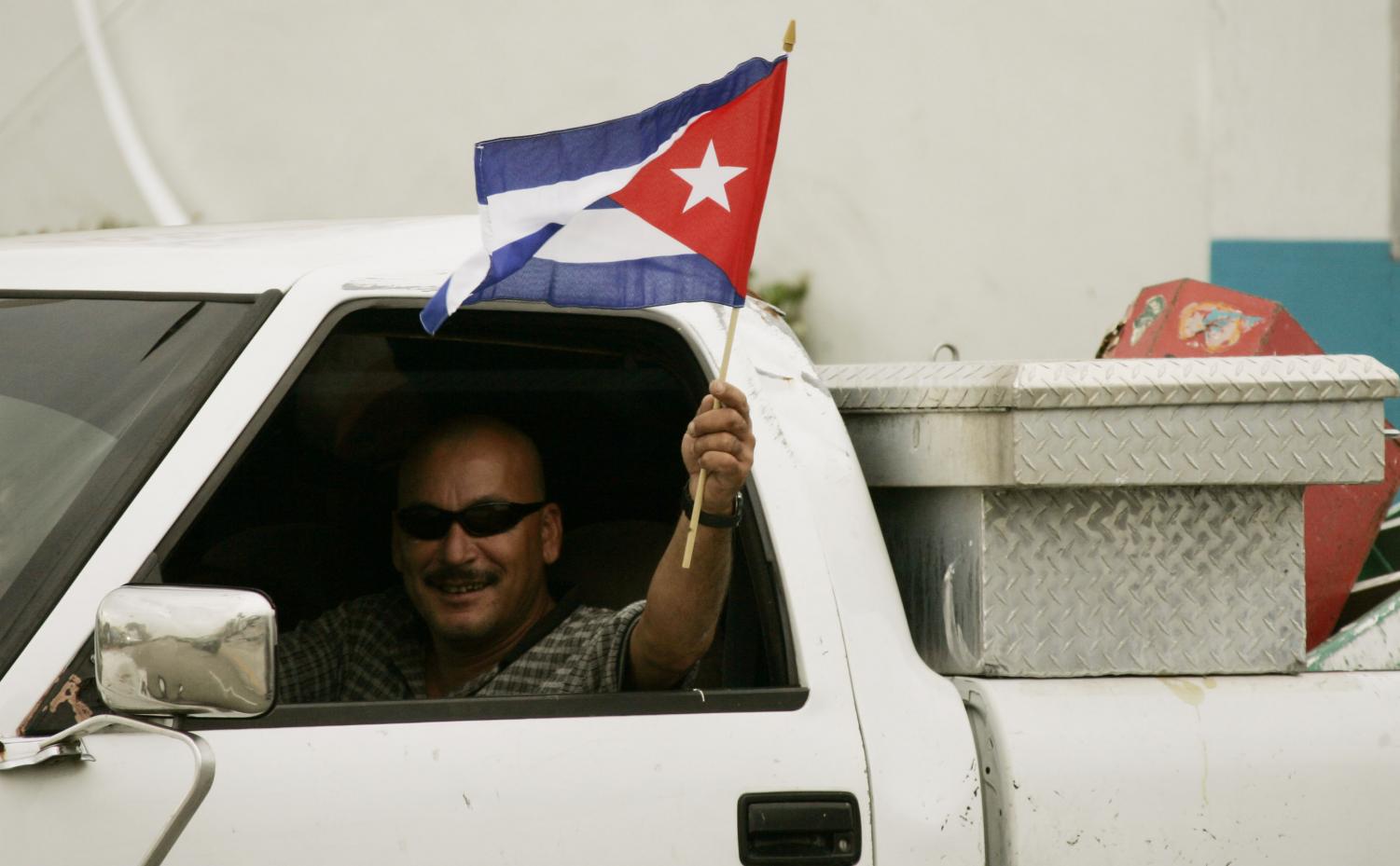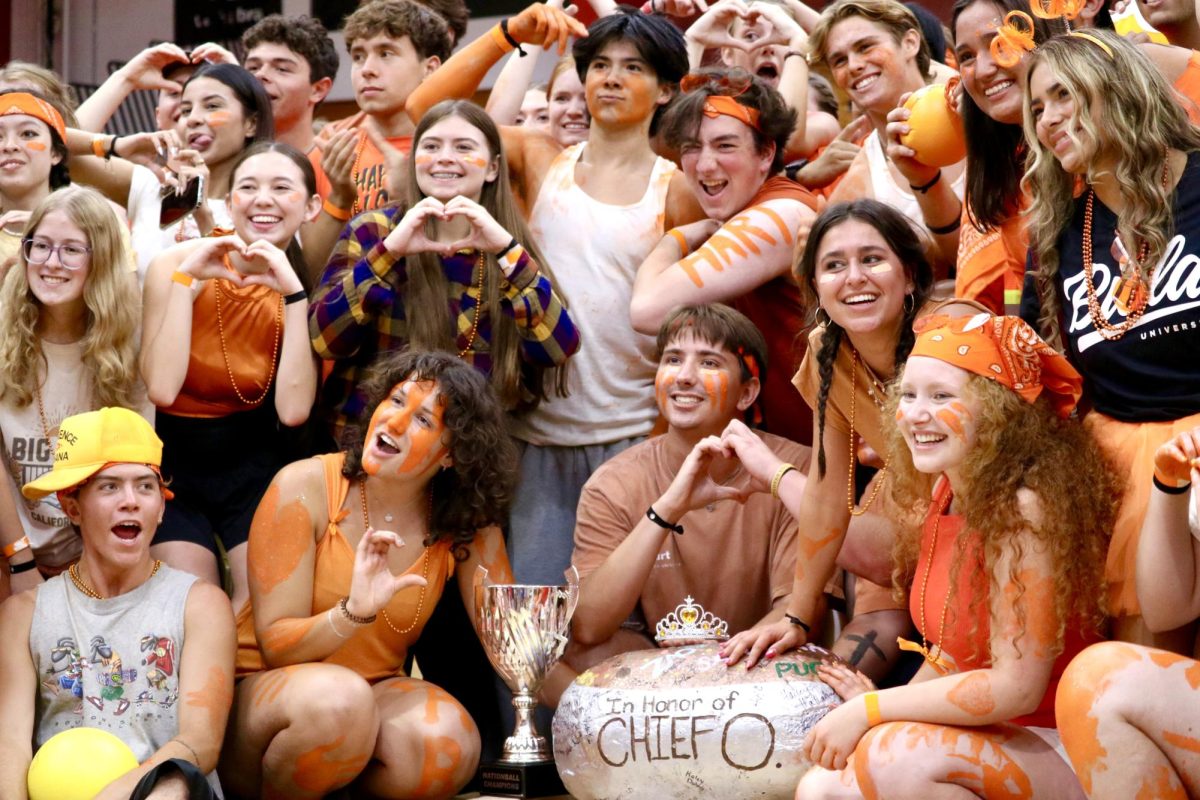HAVANA — An ailing, 81-year-old Fidel Castro resigned as Cuba’s president Tuesday after foiling U.S. attempts to topple him for nearly half a century — leaving on his own terms by clearing the way for his brother Raul to take power.
The end of Castro’s rule — the longest in the world for a head of government — frees 76-year-old Raul to implement reforms he has hinted at since taking over as acting president when Fidel Castro fell ill in July 2006. U.S. President George W. Bush rejected any Castro in power, hoping for what he called a democratic transition.
”My wishes have always been to discharge my duties to my last breath,” Castro wrote in a letter published Tuesday in the online edition of the Communist Party daily Granma. But, he wrote, ”it would be a betrayal to my conscience to accept a responsibility requiring more mobility and dedication than I am physically able to offer.”
It wasn’t until 5 a.m., several hours after Castro’s message was posted on the Internet, that official radio began spreading the news across the island. Cubans seemed to go about their business as usual, having seen Castro’s resignation as inevitable, but with a certain sadness.
”It is like losing a father,” said Luis Conte, an elderly night watchman at a museum. Or ”like a marriage — a very long one that is over.”
Cuban dissidents welcomed the news as a possible first step toward possible change.
Moderate opposition leader Eloy Gutierrez Menoyo, a former commander who fought alongside Castro in the revolution, expressed hopes that whoever follows Fidel ”will have freedom to launch economic and political changes as well.”
”History will say if it is a good day depending upon what happens,” added Oswaldo Paya, whose pro-democracy Varela Project sought an unsuccessful referendum on civil rights and electoral reforms.
”The change of a person does not signify the change of a system,” Paya noted, but said Cubans are ready for peaceful changes. ”We have always maintained hope and today we are more hopeful because the people are vibrating” with emotion, he said.
Castro temporarily ceded his powers to his brother on July 31, 2006, after undergoing intestinal surgery. Since then, the elder Castro has not been seen in public, appearing only sporadically in official photographs and videotapes and publishing dense essays about mostly international themes as his younger brother has consolidated his rule.
There had been widespread speculation about whether Castro would continue as president when the new National Assembly meets Sunday to pick the country’s top leadership. Castro has been Cuba’s unchallenged leader since 1959 — monarchs excepted, he was the world’s longest ruling head of state.
Castro said Cuban officials had wanted him to remain in power after his surgery.
”It was an uncomfortable situation for me vis-a-vis an adversary that had done everything possible to get rid of me, and I felt reluctant to comply,” he said in a reference to the United States.
Castro remains a member of parliament and is likely to be elected to the 31-member Council of State on Sunday, though he will no longer be its president. Raul Castro’s wife, Vilma Espin, maintained her council seat until her death last year even though she was too sick to attend meetings for many months.
Castro also retains his powerful post as first secretary of Cuba’s Communist Party. The party leadership posts generally are renewed at party congresses, the last of which was held in 1997.
”He will continue to be my commander in chief. He will continue to be my president,” said Miriam, a 50-year-old boat worker waiting for a bus who like most Cubans was reluctant to give her full name to a foreign journalist. ”But I’m not sad because he isn’t leaving, and after 49 years he is finally resting a bit.”
The resignation opens the path for Raul Castro’s succession to the presidency, and the full autonomy he has lacked in leading a caretaker government. The younger Castro raised expectations of economic openings and other modest reforms by calling for unspecified ”structural changes” and acknowledging that government wages averaging US$19 (euro13) a month do not satisfy basic needs.
”It’s obvious to me that Raul will be elected on Sunday,” said Fernando Rivero, a 50-year-old construction worker. He said Cubans have been preparing for economic adjustments since Fidel got sick, such as increased space for small private businesses ”but with controls and without falling into savage methods that wouldn’t be convenient for us right now.”
As first vice president of Cuba’s Council of State, Raul Castro was his brother’s constitutionally designated successor and appears to be a shoo-in for the presidential post when the council meets Sunday. More uncertain is who will be chosen as Raul’s new successor, although 56-year-old council Vice President Carlos Lage, who is Cuba’s de facto prime minister, is a strong possibility.
”Raul is also old,” allowed Isabel, a 61-year-old Havana street sweeper. She speculated that he could be succeeded by Lage, Foreign Minister Felipe Perez Roque, ”or another younger person with new eyes.”
Bush, traveling in Rwanda, pledged to ”help the people of Cuba realize the blessings of liberty,” but implied that wasn’t likely under Raul Castro.
”The international community should work with the Cuban people to begin to build institutions that are necessary for democracy,” he said. ”Eventually, this transition ought to lead to free and fair elections — and I mean free, and I mean fair — not these kind of staged elections that the Castro brothers try to foist off as true democracy.”
If Cuba remains much the same, Bush said, ”political prisoners will rot in prison and the human condition will remain pathetic in many cases.”
The United States built a detailed plan in 2005 for American assistance to ensure a democratic transition on the island of 11.2 million people after Castro’s death. But Cuban officials have insisted that the island’s socialist political and economic systems will outlive Castro.
”The adversary to be defeated is extremely strong,” Castro wrote Tuesday. ”However, we have been able to keep it at bay for half a century.”
Castro rose to power on New Year’s Day 1959 and reshaped Cuba into a communist state 90 miles (145 kilometers) from U.S. shores. The fiery guerrilla leader survived assassination attempts, a CIA-backed invasion and a missile crisis that brought the world to the brink of nuclear war. Ten U.S. administrations tried to topple him, most famously in the disastrous Bay of Pigs invasion of 1961.
His ironclad rule ensured Cuba remained communist long after the breakup of the Soviet Union and the collapse of communism across Eastern Europe.
Castro’s supporters admired his ability to provide a high level of health care and education for citizens while remaining fully independent of the United States. His detractors called him a dictator whose totalitarian government systematically denied individual freedoms and civil liberties such as speech, movement and assembly.
The United States was the first country to recognize Castro’s government, but the countries soon clashed as Castro seized American property and invited Soviet aid.
On April 16, 1961, Castro declared his revolution to be socialist. A day later, he defeated the CIA-backed Bay of Pigs invasion. The United States squeezed Cuba’s economy and the CIA plotted to kill Castro. Hostility reached its peak with the 1962 Cuban missile crisis.
The collapse of the Soviet Union sent Cuba into economic crisis, but the economy recovered in the late 1990s with a tourism boom.







